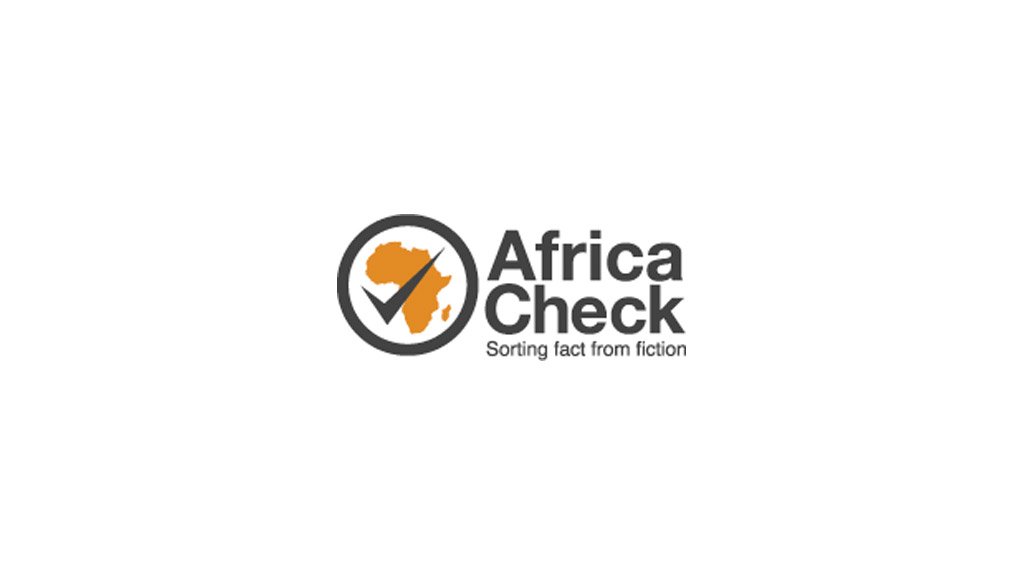Thousands in Kenya were stranded in April 2021 after the police blocked major roads around the capital Nairobi to enforce a Covid-19 curfew.
Defending the since much-debated blockade, the government urged compliance with the 8 pm to 4 am curfew introduced by president Uhuru Kenyatta in March 2021 to counter a third wave of the pandemic.
On 19 March Kenya reported 28 deaths from Covid-19, the highest toll since the country’s first case in March 2020. Five days later, the health ministry said it was concerned about the number of positive cases in Nairobi and six other counties. Kenya has 47 counties.
Of a total 9 893 confirmed cases since 15 March, Nairobi accounted for 5 718, the ministry tweeted, adding that the county’s “contribution to this positivity is a staggering 57.7%”.
(Note: The total for the seven counties as per the figures is 8 003 cases, not 9 893 as stated by the ministry. Nairobi’s share of this is therefore 71.4%, not 57.7%.)
Reporting on the ministry’s data, the Standard, a national daily, ran and shared on social media a story headlined: “For every five Nairobi residents, three have Covid-19.”
KTN News, a TV station owned by the paper’s publishers, also made the claim.
The headline has since been changed and the reference to the statistic in the article removed. But the ministry’s numbers also made it into Kenyatta’s speech where he announced the curfew. Movement restrictions were “compelled by medical and empirical evidence”, the president said.
“In terms of geographical impact, Nairobi county accounts for close to 60% of the recorded cases,” he said.
“What this means is that out of every 10 positive cases countrywide, six are from Nairobi. In other words, if we took a random sample of five people in Nairobi and tested them for Covid, three are likely to be positive.”
But are these figures accurate? We checked.
Accuracy ‘lost in translation’
We are yet to get a response from Dr Mercy Mwangangi, the health ministry’s chief administrative secretary who issued the briefing. The ministry’s acting director-general, Patrick Amoth, said he could not comment.
The message was likely “lost in translation” and the probable meaning was “that out of all those that tested positive, about 60% came from Nairobi”, Dr Abdhalah Ziraba told Africa Check.
He is an epidemiologist at the Nairobi-based African Population and Health Research Center.
The positivity rate is the number of positive cases expressed as a percentage of all the people tested.
Dr Isaac Ngere, an epidemiologist with Washington State University’s Global Health programme in Kenya, agreed with Ziraba.
“If you look at the ministry’s official Twitter handle, it explains that the 57.7% was the contribution of Nairobi as a proportion of the positive cases,” Ngere said.
“If there are 100 cases in the whole country and 57 of them are in Nairobi, it does not mean the positivity of Nairobi was 57%. Positivity would be the total number of positive cases in Nairobi over the total number tested in Nairobi,” he further explained.
In its briefing, the ministry gave the national positivity rate as 16.5%. We asked Ngere if it was possible that this figure reflected a very high positivity rate in Nairobi being balanced out by lower positivity rates elsewhere.
As the majority of samples tested are “always from Nairobi” – more than 70% – this was unlikely, Ngere said.
“The positivity of Nairobi is closest to the national figure.”
Most likely an error
In an email to Africa Check, Prof Tom Moultrie, a demographer and statistician at the University of Cape Town’s Centre for Actuarial Research in South Africa, described the situation as a “can of worms”.
“The second part does not follow from the first,” Moultrie said of Kenyatta’s statistic. “60% of all cases being identified in Nairobi is both plausible and likely given difficulties of providing health care in more rural areas. But that does not mean that if you test five people in Nairobi, three will test positive.”
He explained further: “First, this would be exceedingly high in terms of a proportion testing positive.”
Secondly, no evidence was provided as to what the proportion testing positive in Nairobi was to check if it were correct.
“Moreover, it is improbable in the context of a 22% proportion testing positive nationally.” This share was reported by the ministry on 23 March.
According to Moultrie, the similarity in the numbers in the specific section of the president’s speech suggested that this was an error and not intended to deceive.
Conclusion: Startling statistic misses key distinction
Kenya has been under an eight-hour night curfew since late March 2021, as it seeks to counter a third wave of the Covid-19 pandemic.
To highlight the gravity of the situation, the health ministry on 24 March said Nairobi had contributed a “staggering” positivity of 57.7% to a nine-day total in seven of the country’s 47 counties.
This was reported in the media and in a presidential speech as three in every five people in Nairobi being Covid-19 positive.
Analysts we spoke to highlighted a number of issues with this statistic, including missing the distinction between positive cases and positive tests, and being statistically improbable given the national positivity rate.
We therefore rate the president’s claim as misleading.
Researched by Vincent Ng'ethe, Kenya deputy editor, Africa Check
EMAIL THIS ARTICLE SAVE THIS ARTICLE
To subscribe email subscriptions@creamermedia.co.za or click here
To advertise email advertising@creamermedia.co.za or click here











